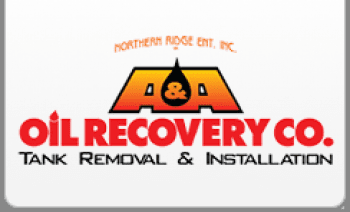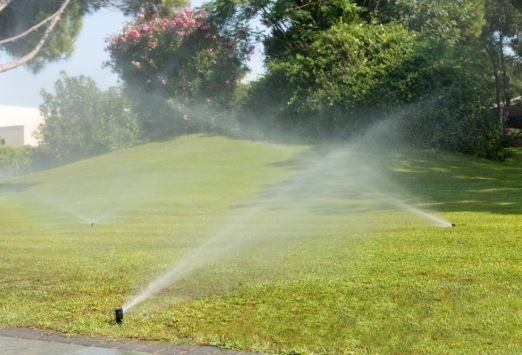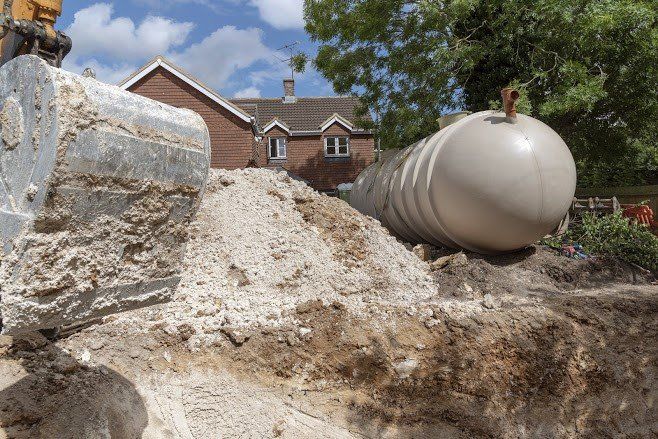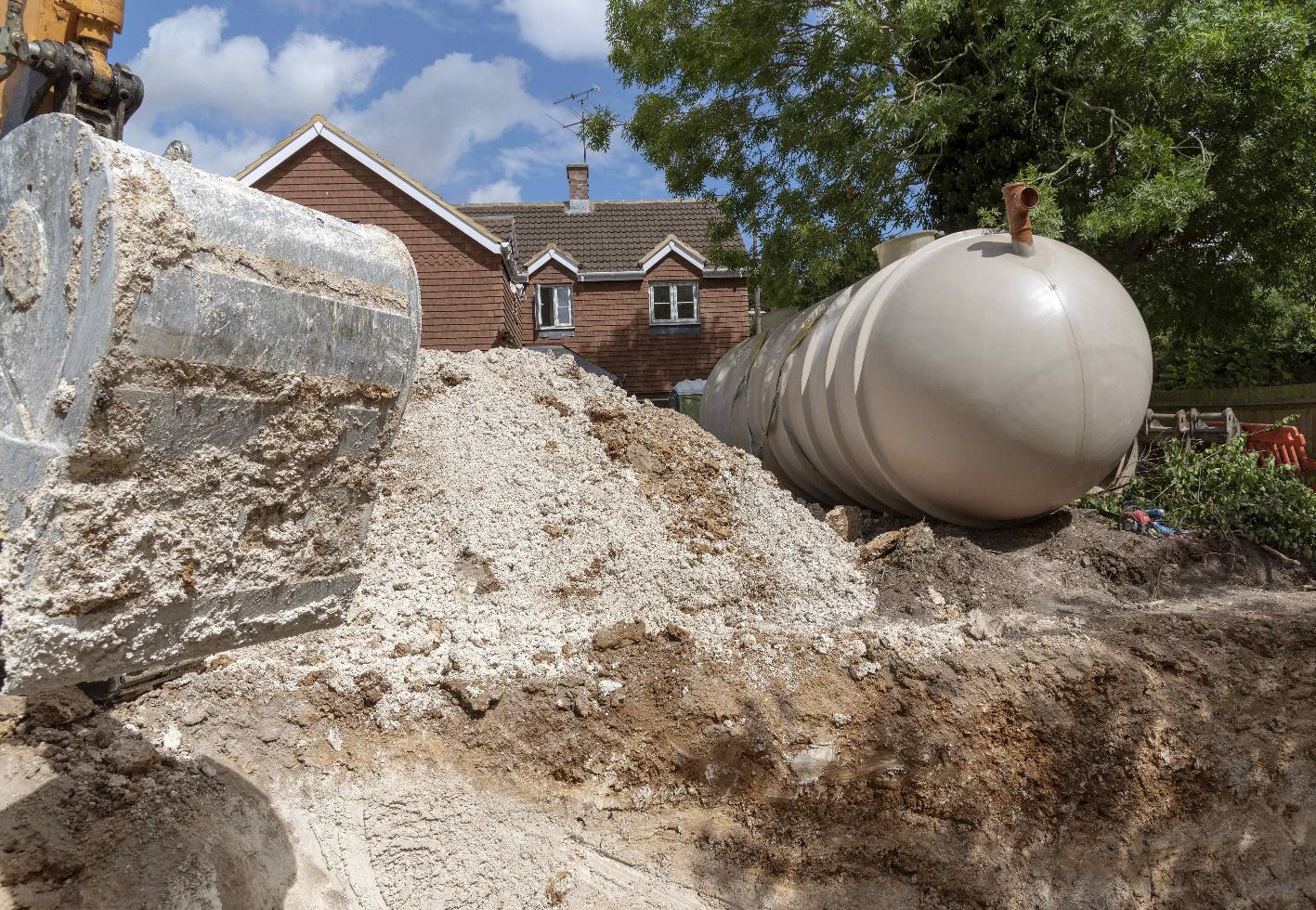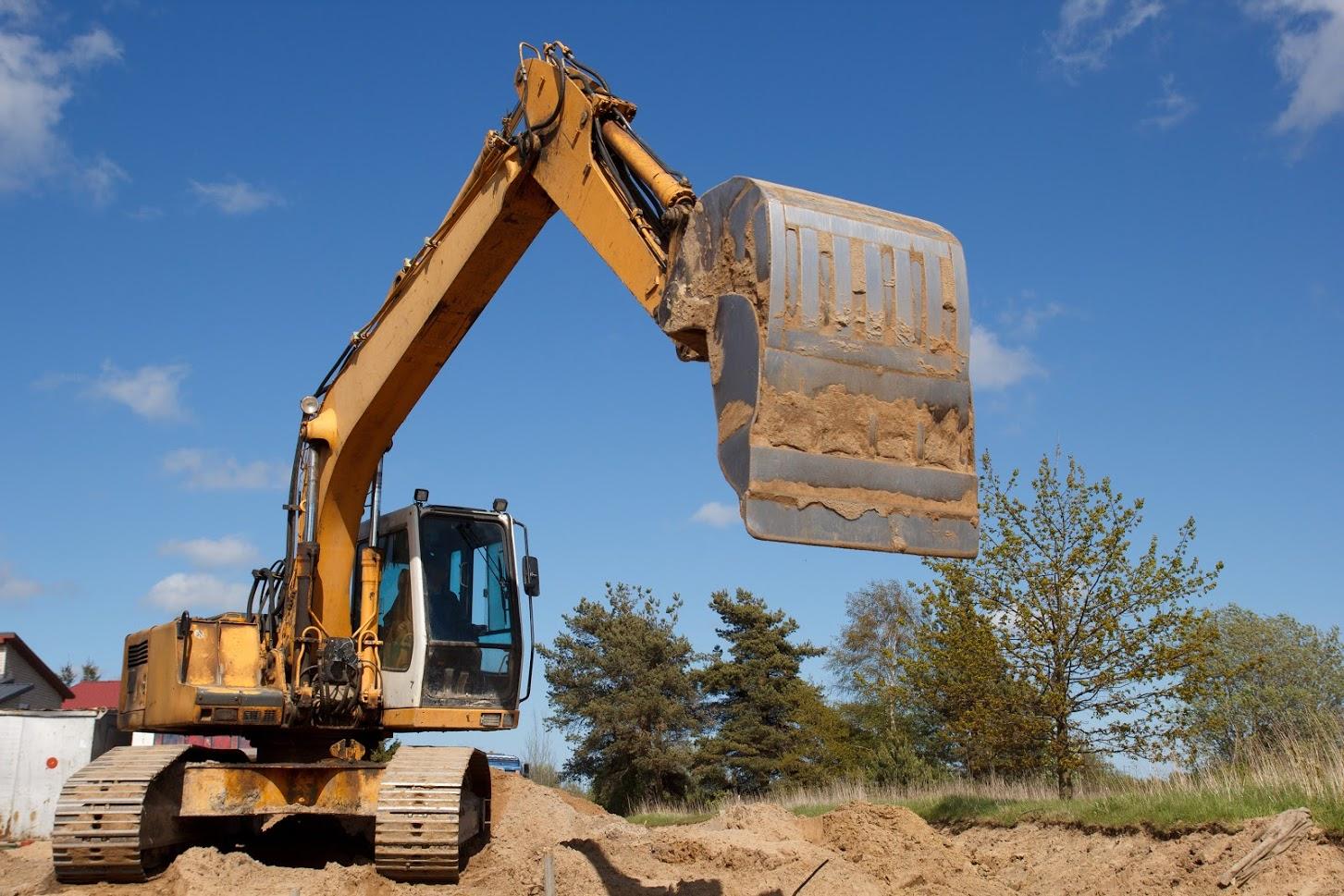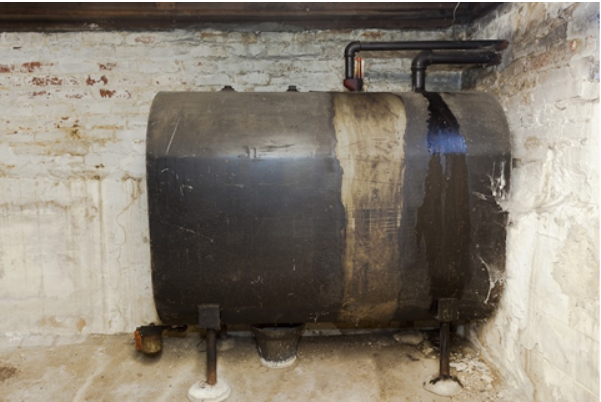Blog Layout
Possible Causes Of Septic Odor By Location
Admin • Oct 04, 2019
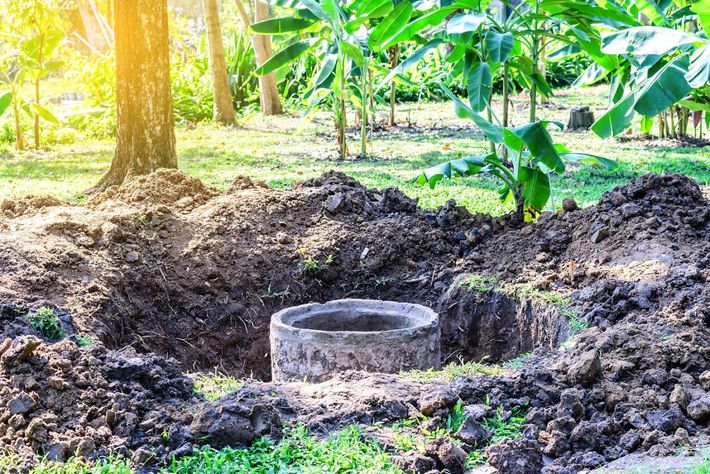
When you notice an odor that's sulfurous or sewer-scented, you probably know that means something is wrong with either your drains or your septic system. But the probable cause of the issue can vary depending on where you notice the smell and where it seems to be coming from.
Here are some of the likely culprits for septic odors based on where they're located.
1. Bad Smells in Indoor Drains
One likely cause of bad smells in your plumbing drains is a sewer line clog or septic failure. If you notice a bad odor in just one drain, you may have a localized drain issue. But if multiple drains are emanating sewer smells, you could have a sewage backup in your near future if you're not careful. After all, sewage coming up your drains is another sign of a sewer line clog.
While the issue could be simple enough to solve with a professional sewer line cleaning, it's not something you should neglect.
2. Bad Smells Near Septic Tank or Main Drain Line
One probable cause of a bad smell near your septic tank or main sewer drain is a leak. These leaks can be caused by damaging factors such as tree roots, which can also cause sewer line clogs, or by other factors such as old and worn out septic components.
One caveat is that in some cases, sewer smells outside can come from your septic vent even when the system is working normally. In this case, you may be able to place a charcoal filter in the vent to eliminate this odor. But if that doesn't seem to be the source of the smell, a leak somewhere is more likely.
Your septic contractor can perform a video inspection to check the insides of septic components such as the main sewer drain. If tree roots are present in the sewer line, you may need a cleaning procedure called hydro-jetting. If the sewer line is simply failing, re-lining the pipe, or replacing it with a trenchless method called pipe bursting, may be an option.
3. Bad Smells in Your Leach Field
Do you catch a whiff of something rotten only when you're outside near your leach field? The probable cause here is a leach field that's clogged or too soggy. Because a leach field relies on aerobic microbes (those that need air to live) as well as anaerobic ones (those that can survive without air), a soggy leach field can malfunction and start to smell bad.
When you use too much water, especially during the wet season, your leach field may be so waterlogged that aerobic bacteria can't thrive like usual. In this scenario, the anaerobic microbes start to take over. Too many anaerobic microbes can make your leach field start to smell of sulfur because they digest wastes differently than aerobic microbes do.
A clogged leach field can also smell bad if it starts to fail. In this scenario, your leach field pipes may be partially blocked by solid waste that's escaped from your septic tank. The solids clog things up until wastewater can't pass through properly or be processed normally. In this case, your leach field is likely to smell like raw sewage because it's flooded with raw sewage.
Leach field issues can be very bad news. If the pipes and the ground are all clogged up, you may need some very involved repairs or replacements. If it's simply flooded with too much water, you may be able to repair it with a special aerating leach field treatment that injects air into the ground.
As you can see, not every septic odor has the exact same cause. To distinguish both the cause and the best treatment for any given septic odor, you should call in a professional. A & A Oil Recovery Co.
provides a full range of services for septic systems, including pumping and installation as well as repairs. Give us a call today to learn more.
Share
Tweet
Share
Mail
Contact Information
A & A Oil Recovery Co
Address: Wayne NJ 07470
Phone: 973-709-1700
Email: info.aaoil@gmail.com
Address: Wayne NJ 07470
Phone: 973-709-1700
Email: info.aaoil@gmail.com
Join Our Mailing List
Contact Us
Thank you for contacting us.
We will get back to you as soon as possible.
We will get back to you as soon as possible.
Oops, there was an error sending your message.
Please try again later.
Please try again later.
Browse Our Website
Contact Information
A & A Oil Recovery Co
Address: Wayne NJ 07470
Phone: 973-709-1700
Email: info.aaoil@gmail.com
Address: Wayne NJ 07470
Phone: 973-709-1700
Email: info.aaoil@gmail.com
Join Our Mailing List
Contact Us
Thank you for contacting us.
We will get back to you as soon as possible.
We will get back to you as soon as possible.
Oops, there was an error sending your message.
Please try again later.
Please try again later.
Content, including images, displayed on this website is protected by copyright laws. Downloading, republication, retransmission or reproduction of content on this website is strictly prohibited. Terms of Use
| Privacy Policy
